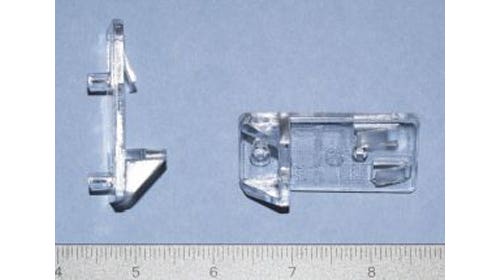Gibson Guitar settles with Justice Department
Gibson Guitar Corp. entered into a criminal enforcement agreement with the United States, resolving a criminal investigation into allegations that the company violated the Lacey Act by illegally purchasing and…
Gibson Guitar Corp. entered into a criminal enforcement agreement with the United States, resolving a criminal investigation into allegations that the company violated the Lacey Act by illegally purchasing and importing ebony wood from Madagascar and rosewood and ebony from India.
"We felt compelled to settle as the costs of proving our case at trial would have cost millions of dollars and taken a very long time to resolve,” Gibson CEO Henry Juszkiewicz said in a statement. “This allows us to get back to the business of making guitars. An important part of the settlement is that we are getting back the materials seized in a second armed raid on our factories and we have formal acknowledgement that we can continue to source rosewood and ebony fingerboards from India, as we have done for many decades.
The agreement defers prosecution for criminal violations of the Lacey Act and requires Gibson to pay a penalty amount of $300,000 and a community service payment of $50,000 to the National Fish and Wildlife Foundation to be used to promote the conservation, identification and propagation of protected tree species used in the musical instrument industry and the forests where those species are found. Gibson will also implement a compliance program designed to strengthen its compliance controls and procedures. Gibson will withdraw its claims to the wood seized in the course of the criminal investigation, including Madagascar ebony from shipments with a total invoice value of $261,844.
The government will decline charging Gibson criminally in connection with Gibson’s order, purchase or importation of ebony from Madagascar and ebony and rosewood from India, provided that Gibson fully carries out its obligations under the agreement, and commits no future violations of law, including Lacey Act violations.
“As a result of this investigation and criminal enforcement agreement, Gibson has acknowledged that it failed to act on information that the Madagascar ebony it was purchasing may have violated laws intended to limit overharvesting and conserve valuable wood species from Madagascar, a country which has been severely impacted by deforestation,” assistant attorney general Ignacia S. Moreno said in a statement. “Gibson has ceased acquisitions of wood species from Madagascar and recognizes its duty under the U.S. Lacey Act to guard against the acquisition of wood of illegal origin by verifying the circumstances of its harvest and export, which is good for American business and American consumers.”
“The company is gratified that the Government ultimately saw the wisdom and fairness in declining to bring criminal charges in this case,” added Juszkiewicz. “The case is behind us. The extensive negotiations to reach this agreement succeeded in finding a balance that Gibson supports.”






